visit social media pages for news on this week’s happenings
and – hey – we’re looking for volunteers to teach our young entrepreneurs social media skills!
good news
we’ll highlight some of our favorite projects here.
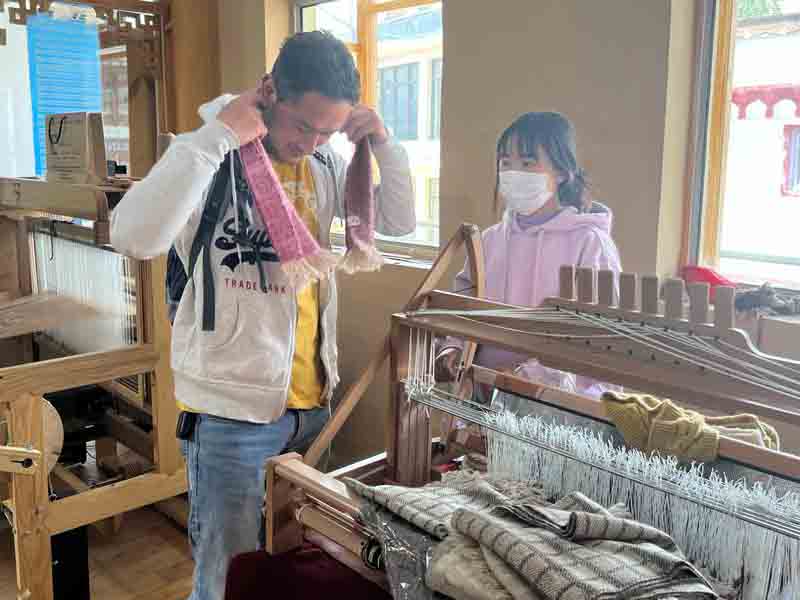
2022 YCC Girls Pashmina Start Up Winner of the first IKH Needleartists Scholarship, nine girls from Nyoma (Chang thang) formed a group, organized a Winter Weaving Camp and 2 of their members won a 4-month apprenticeship with Nomadic Woolen Mills in Leh. They also received a New Zealand loom and spinning wheel and are working on their Marketing and Business Start-up skills. Motivated by not being able to further their education during COVID-19 lockdowns, they wanted to help their mothers make best use of valuable pashmina produced by Tibetan Plateau goats. They are now producing high quality pashmina products and making sales deals with leading vendors in Leh. Way to go YCC girls!
Those left behind during COVID-19
While working on our MeshNet and Youth Conservation Corps COVID-19 projects, we kept hearing that young people didn’t think they would have opportunities to go onto higher education after COVID lockdowns and disruptions. Or even to complete their high school exams.
So… How could we expand our COVID services to help these Ladakhis rebuild hope for their futures? One thing we heard repeatedly was closures impacted the livelihood of the entire family, the whole community, and any training was happening too far away.
The Team created a step-wise training for girls interested in making better use of their traditional resources – in this case, the high quality pashmina wool their nomadic family members collected. And the girls wanted to think about a 21st Century market – learning natural dying, computerized design, branding for an international market – things that challenged them and put them several rungs above other producers.
We’re learning so much about comprehensive post-covid-world skills program design! We know we have a huge pool of youth that wants to create their own niche, great relationships with local entrepreneurs who’d love to help, and traditional resources that are not being fully utilized – especially in very remote parts of Ladakh. Stay tuned!
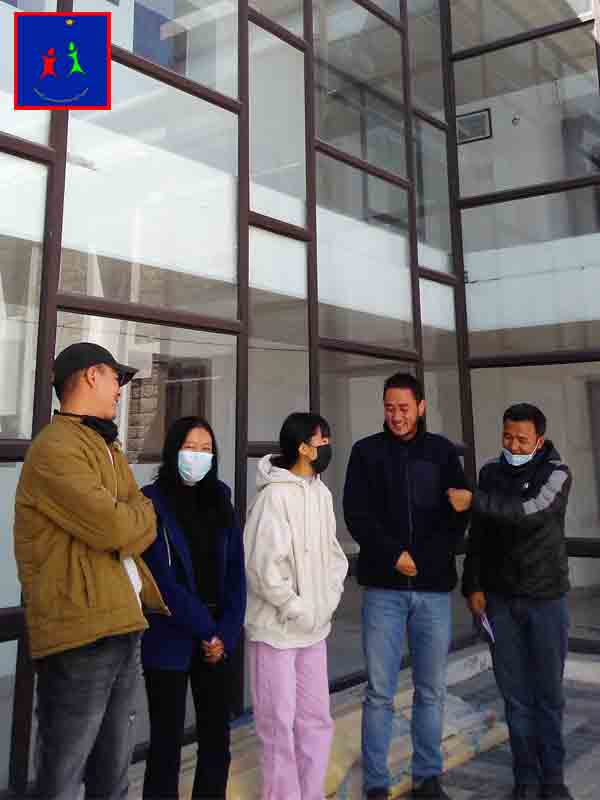
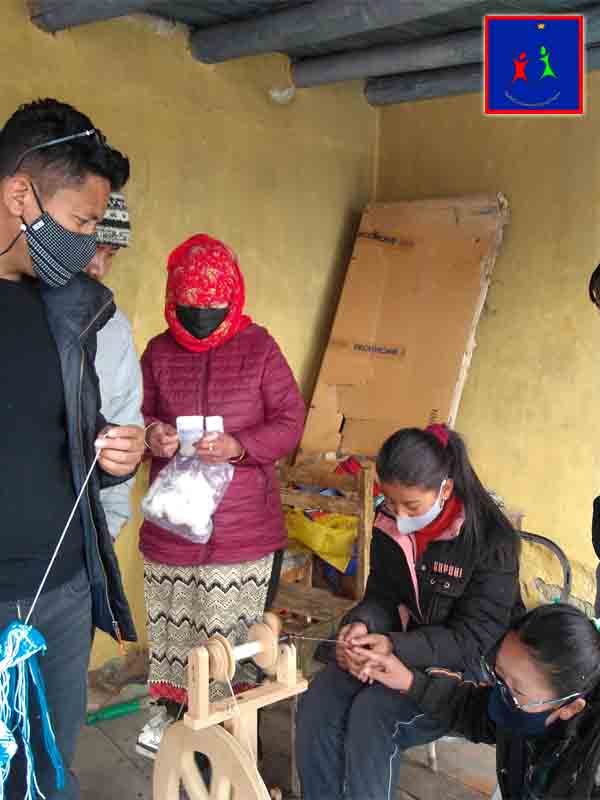
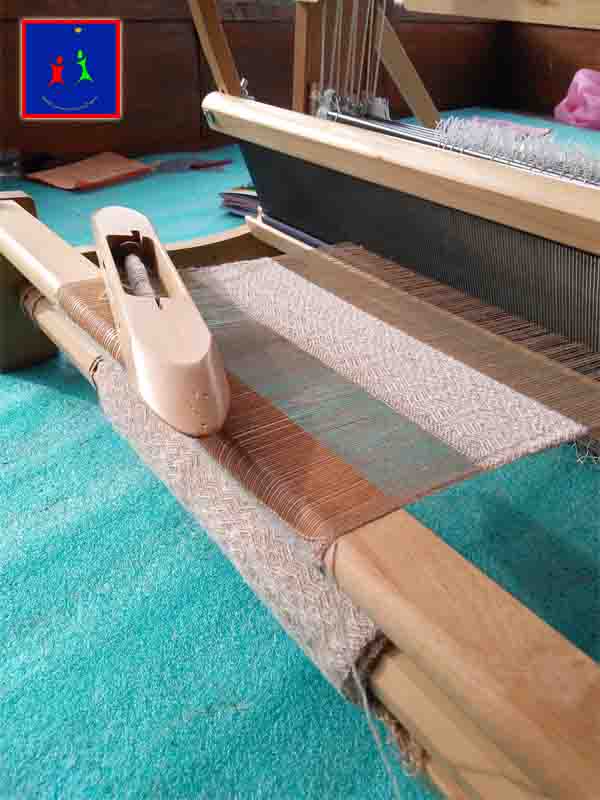
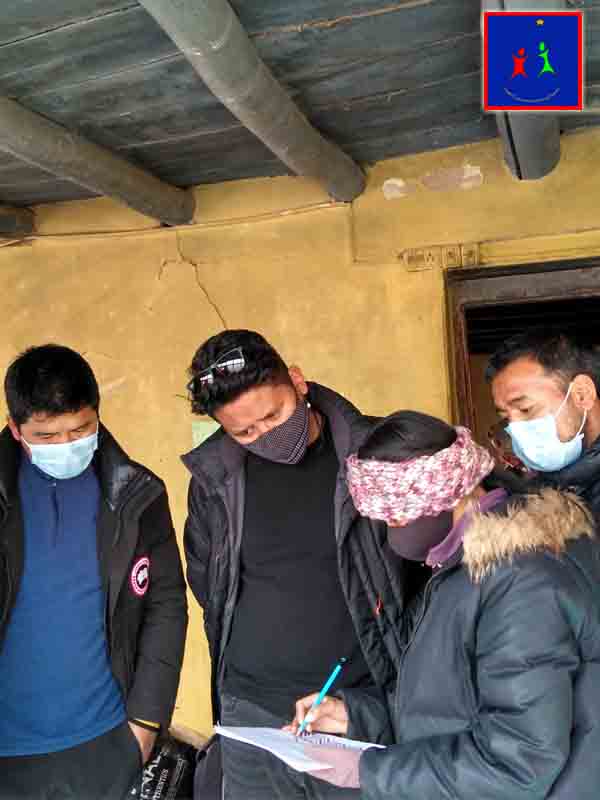
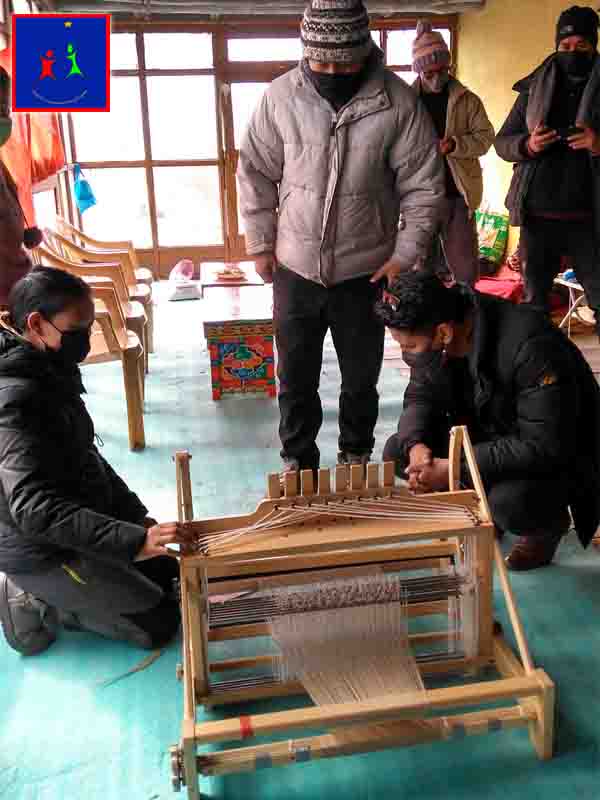
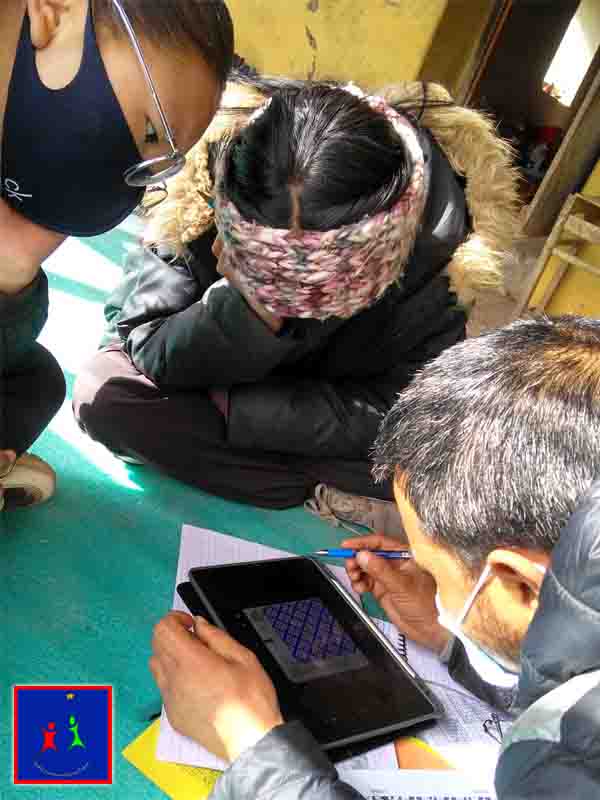
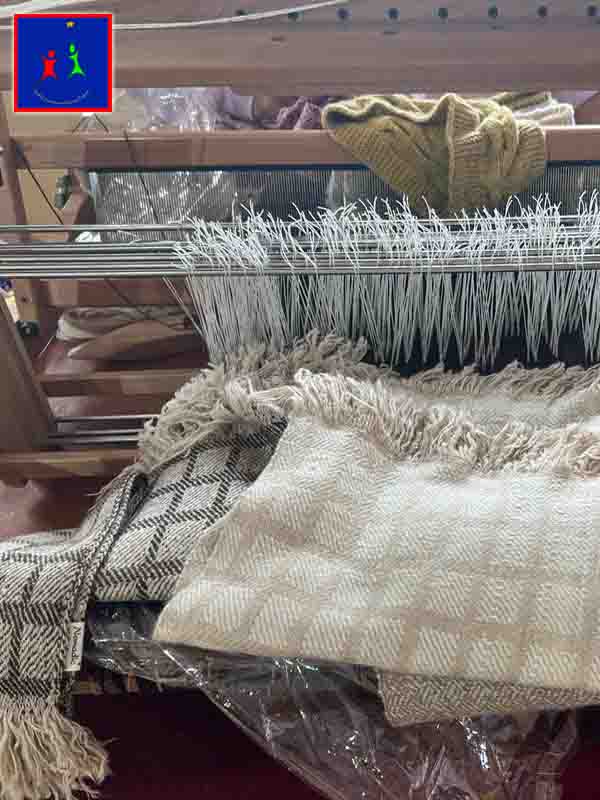
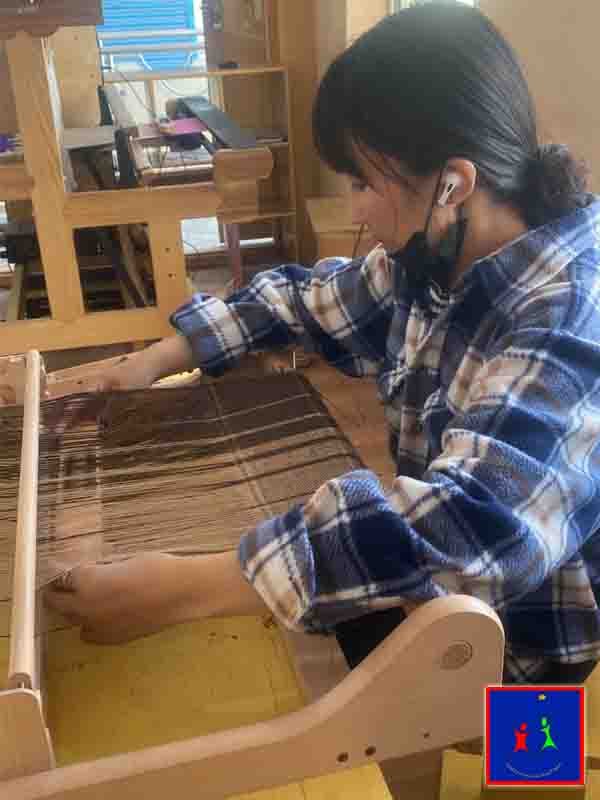
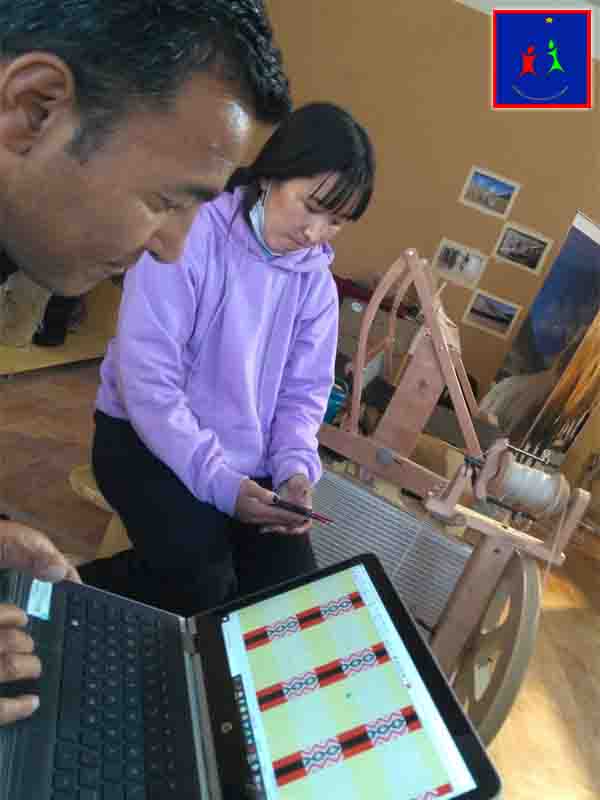
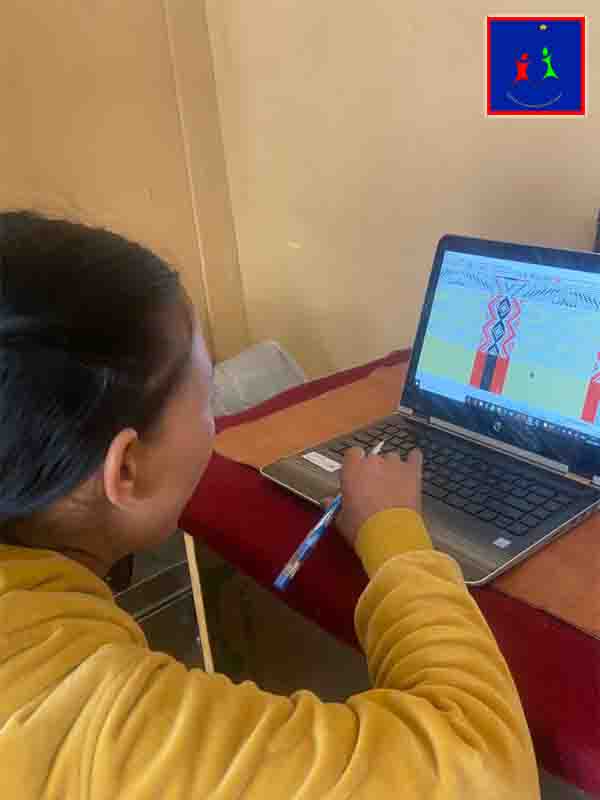
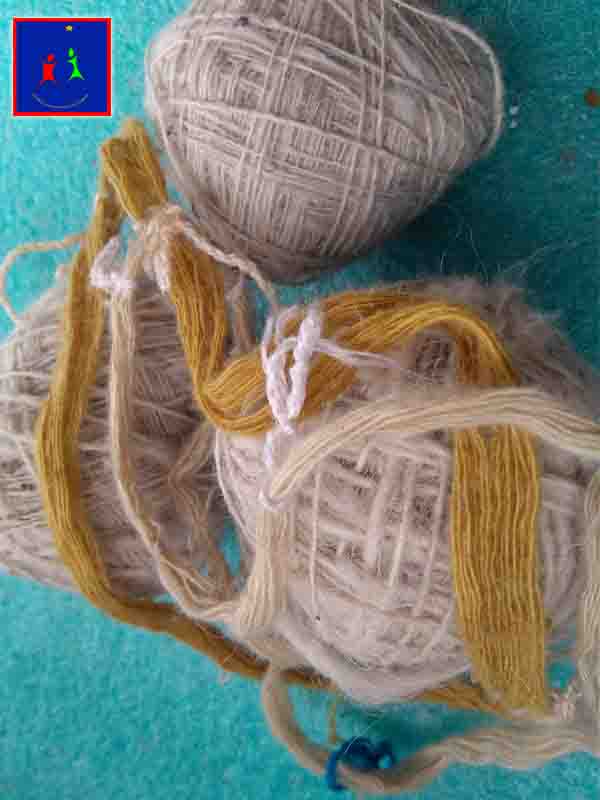
2022 is bringing changes to the HELP Fund!
This year, we’re designing for what a post-pandemic, totally-uncertain supply-chain, and who-knows inflation world looks like for remote villages in Ladakh and in our Global Classrooms.
How? We experimented with a small Women’s Residency this spring – bringing a diverse group of talented young Indians to Leh to work with a similarly talented group of Ladakhi women leaders. What a joy to work with other women-led NGOs, with Indians making change, and to create future possibilities.
We’re now keen to expand partnerships, exchanges and include more science and technology in the Residency for winter. Get in touch – and come disrupt with us on the rink!
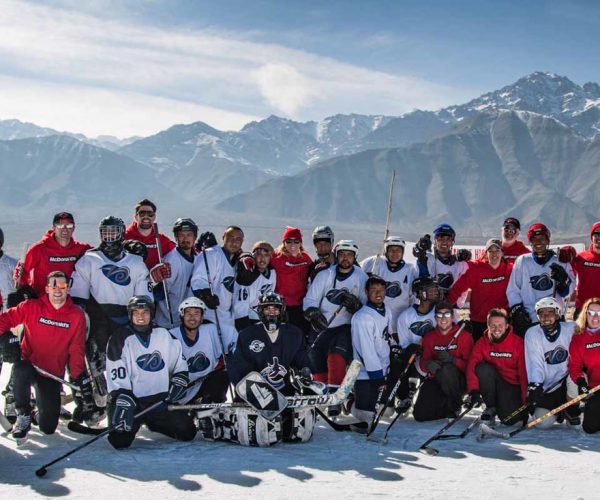
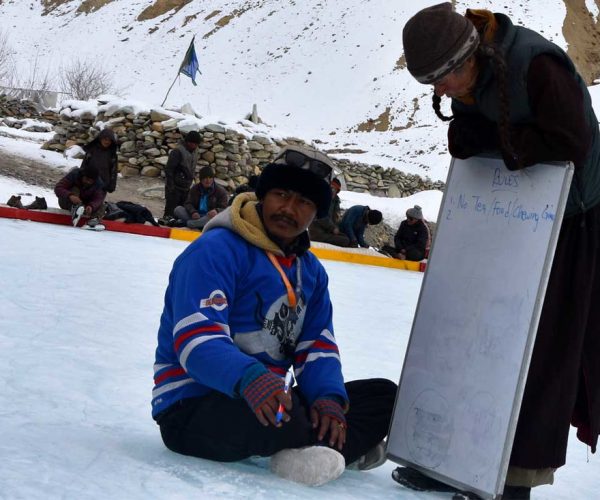
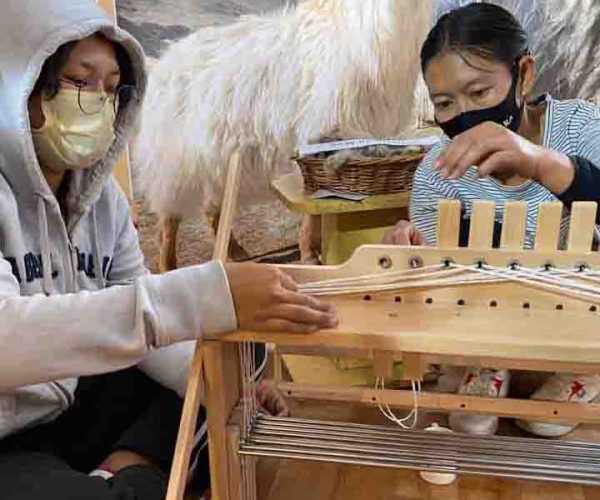
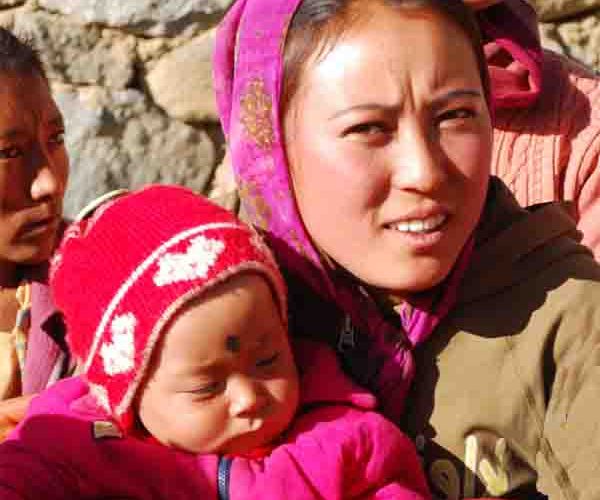
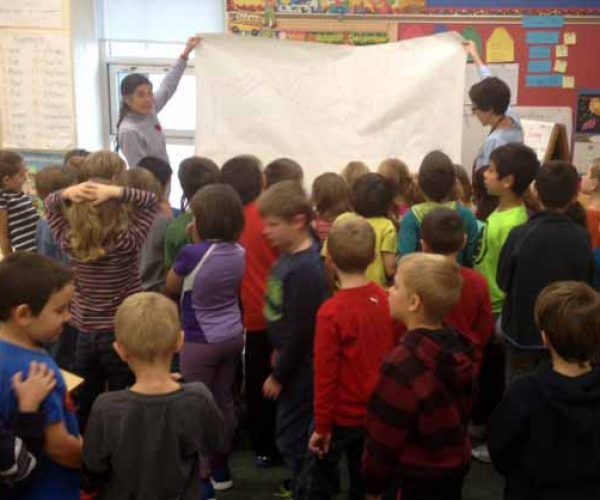
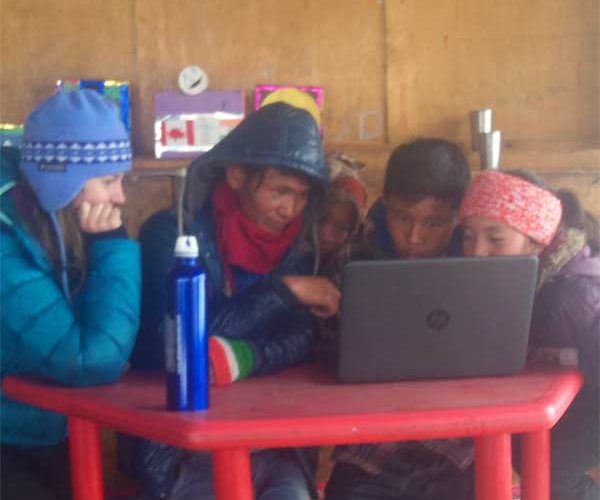
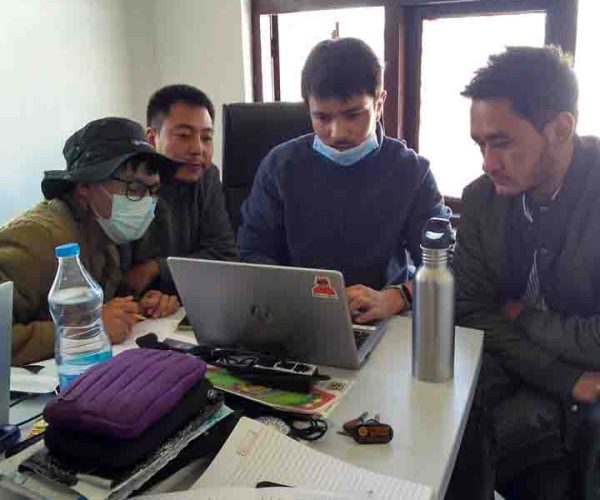
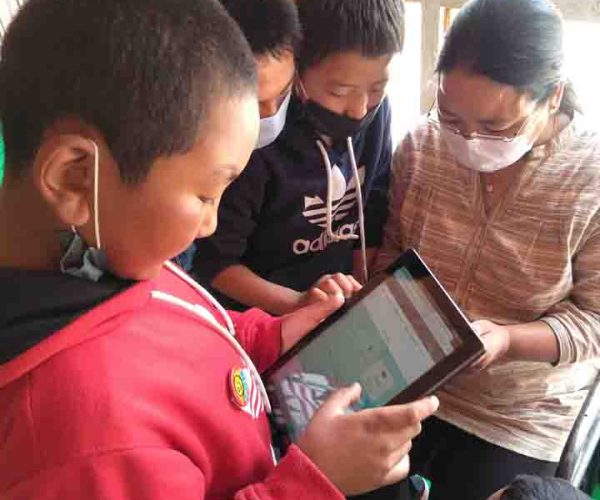
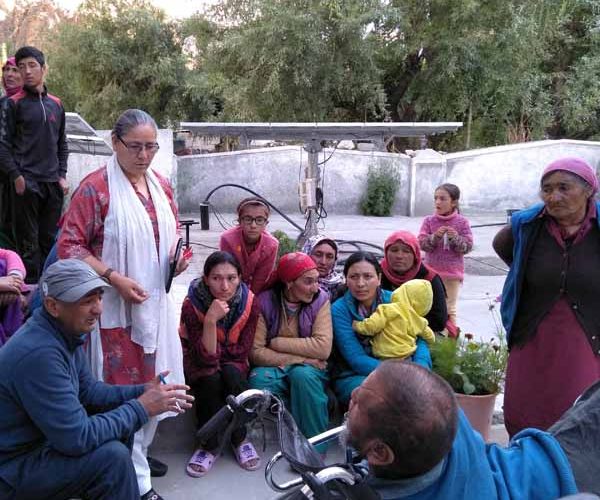
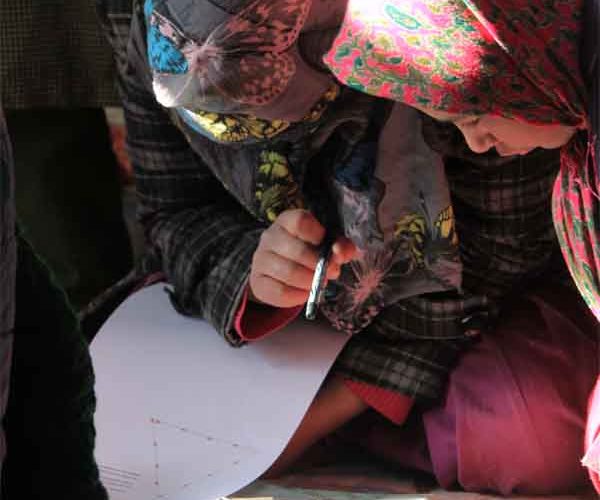
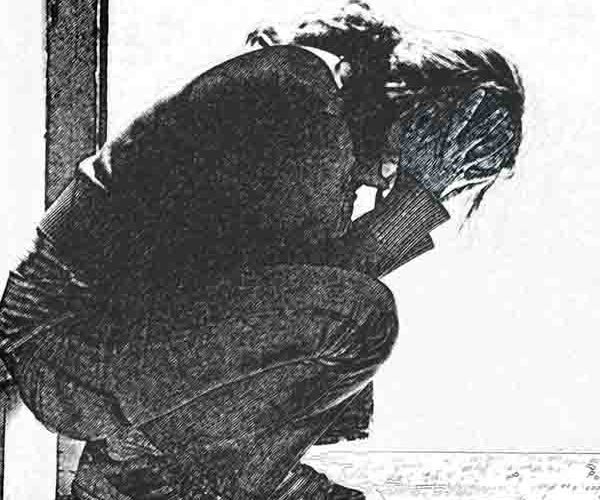
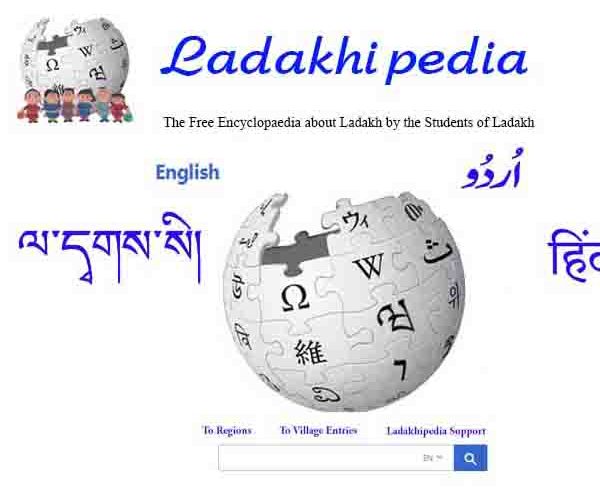
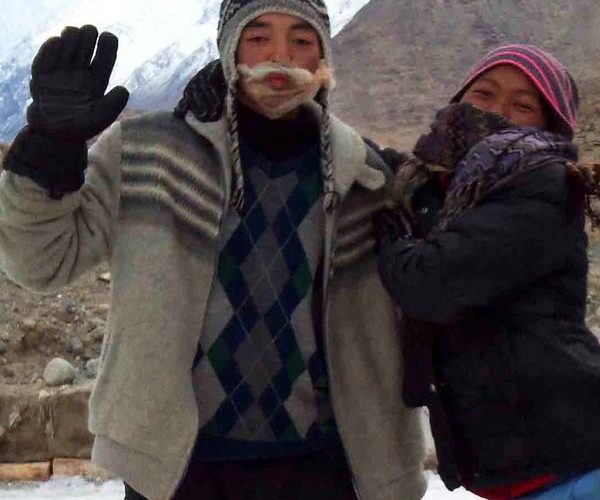
Visit our Canadian and Indian partner’s sites to learn about some of our favorite joint projects!
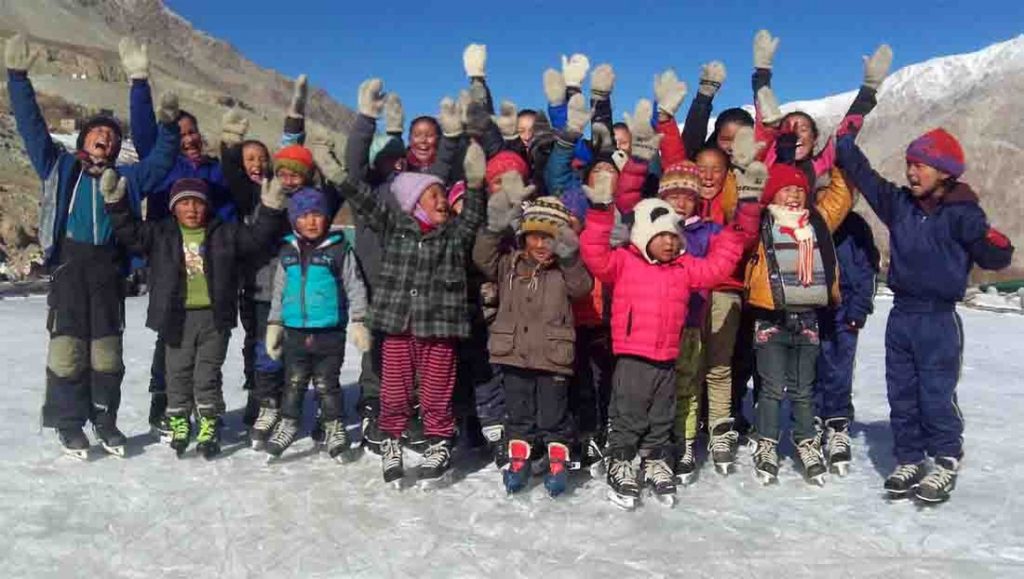
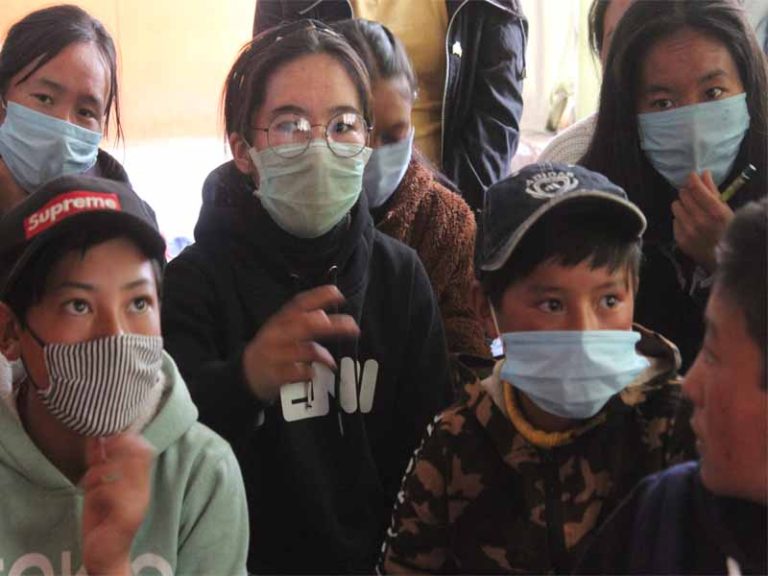
2021? Reaching offline learners and unemployed youth: The best challenge – and the worst obstacles. We feel like teachers around the world are feeling: there is technology that can address problems, but getting support for meeting the most vulnerable, for working in remote areas, and for trying new ideas is a rough row to hoe.
A wonderful Winter Camp let us know change will come as young people crave new ideas, are not technophobic and love opportunities to use their voices and build better futures.
2020 – and the entire world changed. All of our plans were put on hold on 17 March and the first major COVID-19 shutdown in Ladakh. We worked together to provide “Caring during Corona” as kids first left school and faced house-lockdowns for 21 days. Then worked with the local District Commissioner to use unemployed local youth to develop learning programs for tower-less (offline!) villages. Both turned out to be some of our happiest learning experiences.
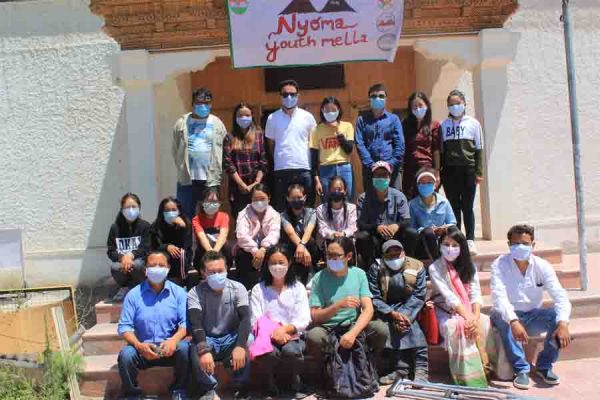
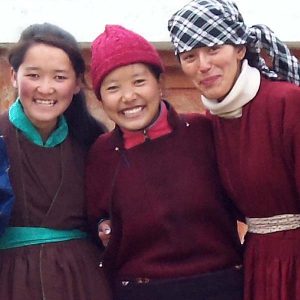
2019? An unasked for opportunity to build Admin Skills: This was a year when we tried posting Cynthia to North America for two x 3-month periods and having smaller, locally-managed projects. In the midst of that, the State of Jammu and Kashmir was dissolved, a new Union Territory was created, the Ladakh team faced all kinds of paperwork hurdles and we all tried to create digital, district-wide learning platforms.
Thank goodness for Winter Camps that allowed us all to enjoy learning, laughing and living together!
2018 also allowed us to re-start Ability Camps. With the help of volunteers across North America and India, a 14-day Camp for 83 differently-abled and their family members was held at the J&K Police Agling Facility and hosted by PAGIR. It was our most joyous project to date. And the research from camps will help change services for all across the district.
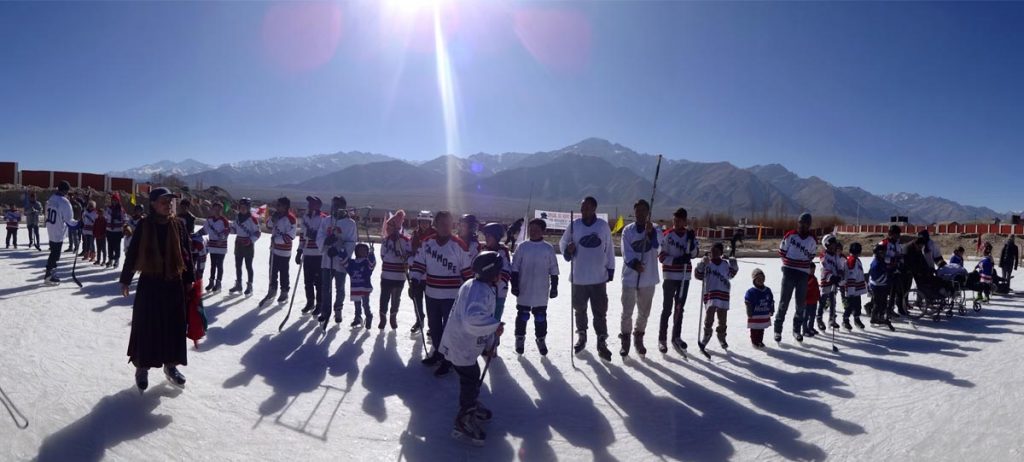
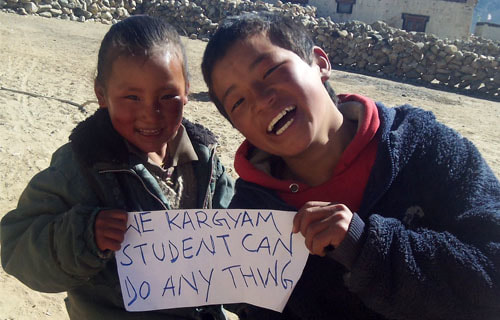
2017? Seven Summits? Our biggest challenge by far. Started in 2016 under one District Commissioner, and now moving forward under a new district administration. While up to 95% of surveyed youth report feeling “hopeless”, they also say our Seven Summits and Camps learning recharges their batteries, and builds vital learning and living skills. While it reconnects them with their proud traditions.
2016 Camps, camps and more camps!
But then there was coach and mentor training – our first ever Coaches’ Camp!
Because our volunteer Ladakhi hockey coaches are also important village mentors and teachers during Winter Camps. They want more – and we definitely want to do another Coaches’ Camp!
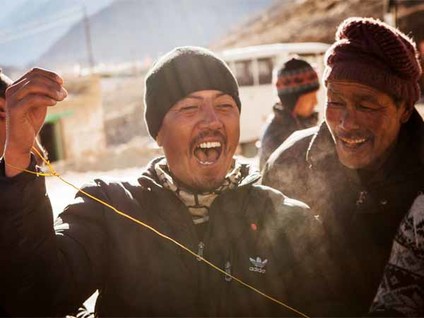
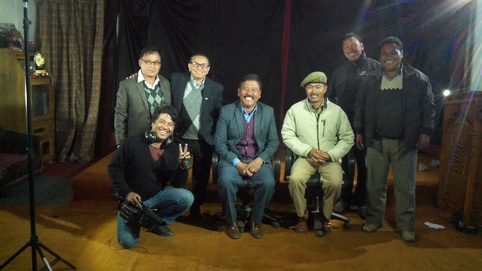
2015 – Our most successful project ever. And another “most needed” project (actually, every year there seems to be a new “most needed” project).
Creating an Emergency First Aid Training Program with the District Department of Health also created another family for us. The team included a professional Ladakhi videographer, 10 staff from the Health Department and 5 from the State Disaster Response Force – along with volunteers and so much help from the Chief Medical Officer, the Medical Superintendent and the J&K Police. Fun. Needed. Successful. And more fun.
Choose a favorite from 2014? We learned so much in all our work! From more active involvement in the HIV/AIDs – hep B project and thinking outside the box on how to educate young Ladakhis about these vicious and silent diseases. From Winter Camps and this growing fashion to have children do “homework” (read copy useless information from useless books). And thinking outside the box about combating that. And we learned so much from working with the best of the best in Ladakh – from our village partners, to departmental staff, to the District Commissioner. Our favorite was learning during this year. |
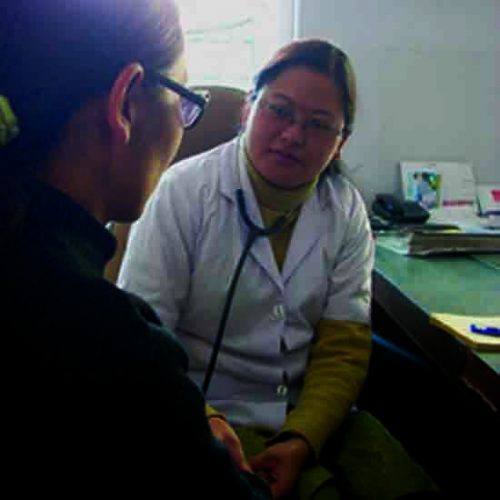
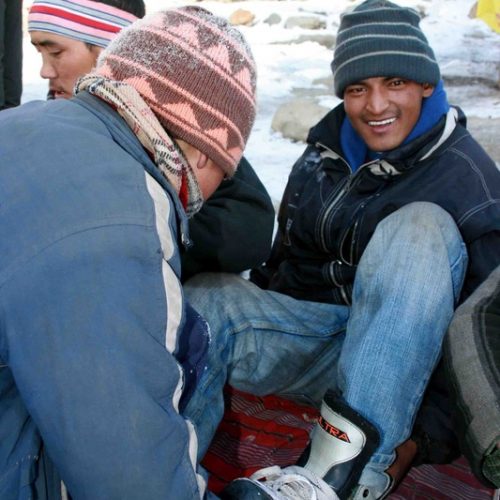
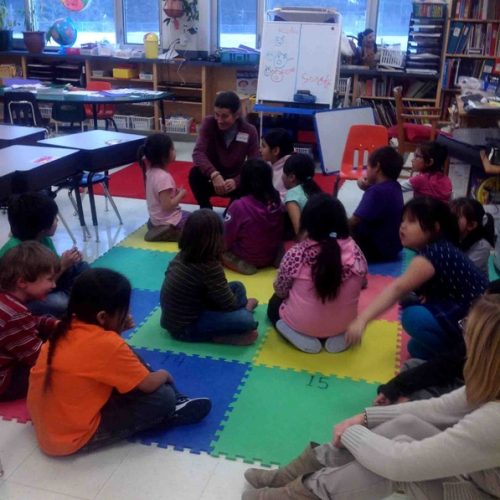
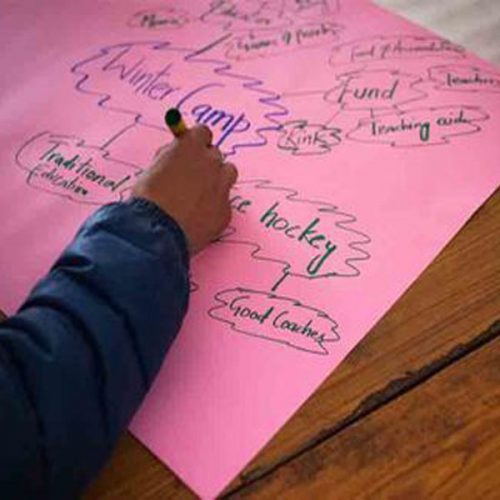
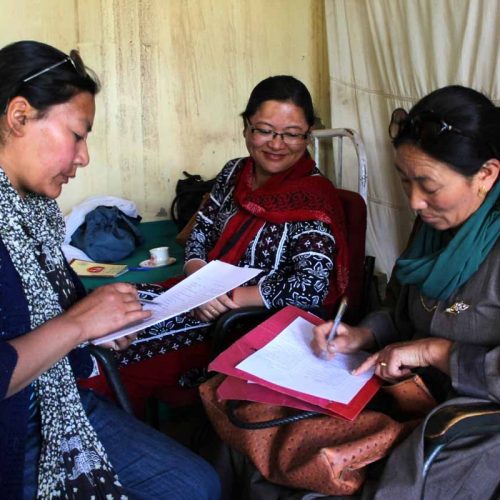
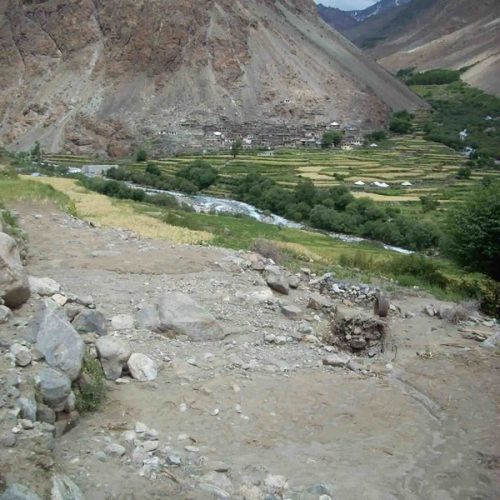
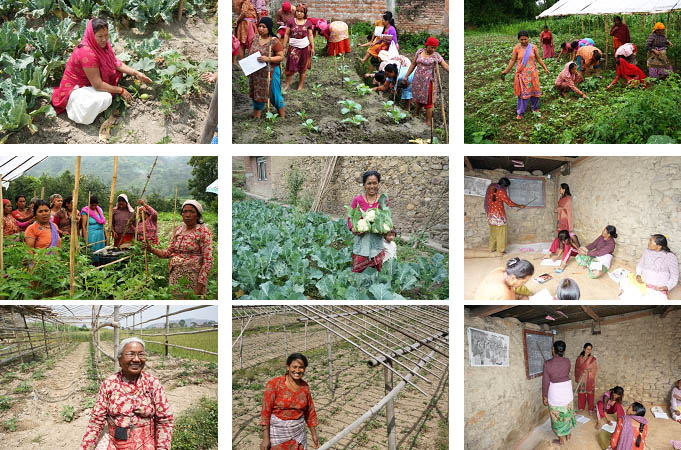
The Global Classroom was such a fascination in 2013.
CORE International showed us how they create learning for extremely poor urban women in the Kathmandu Valley of Nepal. During 3 remote area assessments in Nepal, we saw how few villagers feel they can depend on local government schools (80% being locked and boarded up.)
A GCI to the Bow Valley of Alberta allowed for sharing about heritage and history; and a sad sharing about surviving flash floods. Banff area donations of over 200 hockey sticks went back to Ladakh to another classroom: winter camps of hockey, leadership and career planning for teen-aged kids.
2012 was another great Global Classroom Initiative- but one that humbled us.
Incredible sharing and learning as 3 Grade 8 girls and one of their teachers from a remote village participated in the Earth Day Summit at the American Embassy School (New Delhi). The humbling part? They just couldn’t muster confidence to stay in touch with their mentors and both sides lost from the connection.
And a fabulous GCI internship with Hug it Forward as they built a plastic bottle / eco-brick school in Guatemala and learned from these “barefoot engineers”. Humbling? We couldn’t get it started in Ladakh.
And through Omprakash we met the Academy from Global Citizenship. Kids skyping each other and sharing lessons from the Himalayas, to the Canadian Rockies to South side Chicago. This is learning! Then the skypes fell silent.
We do learn from mistakes. The amount of on-going support for innovative change needs huge investments of time. We forget the time…
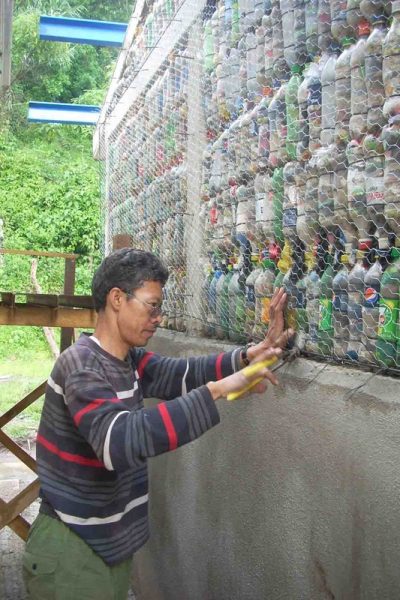
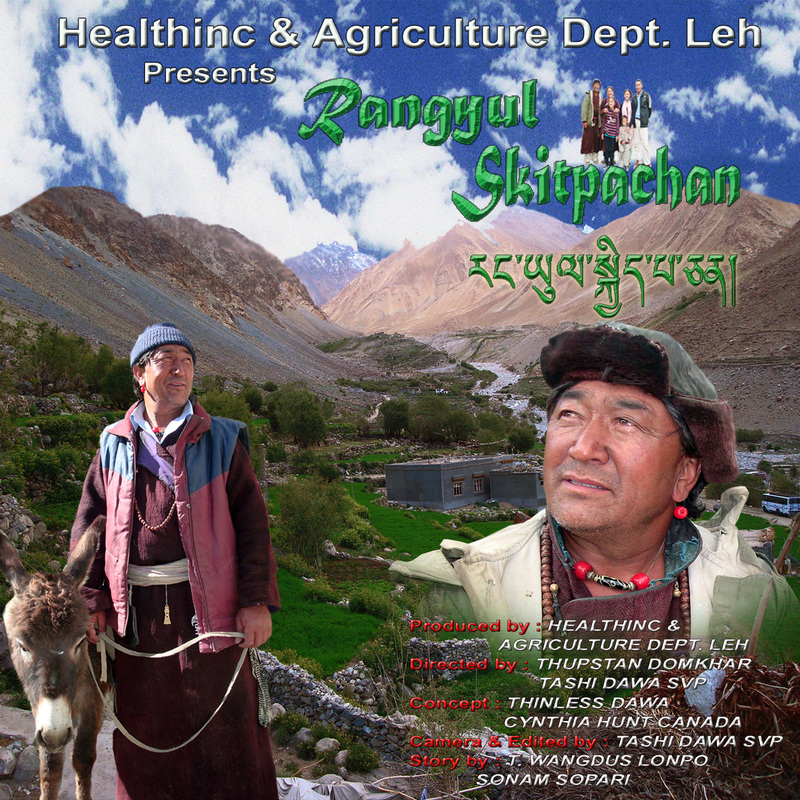
2011
There isn’t an Indian in this country that doesn’t like a good movie. The better the melodrama, the more it’s discussed and shared.
Working with HEALTH Inc and Ladakhi partners, we’ve made some pretty good movies over the years. And this was a great one. Oh perils! The young people are leaving the villages! The old people struggle to keep farming! Who will take over the home and fields? And who will keep traditional knowledge alive?
It’s now a hit across Ladakh and helping people blend traditional farming skills with latest agricultural science.
Just like Tey Ray Hey Magos, Gyotpa and How to build and maintain your own greenhouse, movies allow us to reach everyone in Ladakh with entertaining education.
2010 – the best of years and the worst of years.
While we had a wonderful Summer Camp and the best ever Global Classroom exchange (thank you Lower Canada College) – Ladakh was devastated by the worst floods and mud slides seen in 500 years.
Help poured in from friends around the world. And while there is no way to truly rebuild, at least the HELP Fund was there, in the villages, and monies were controlled by those who had lost so much (they knew what was needed).
Resilience in a time of climate change may be a learning lesson much in demand in years to come.
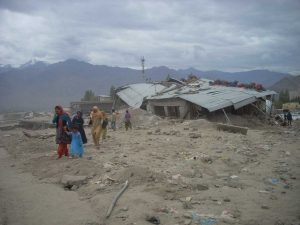
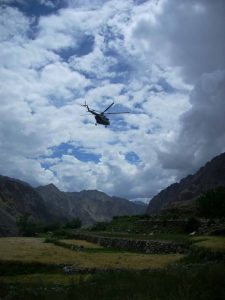
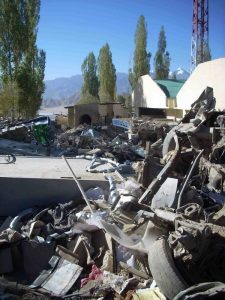
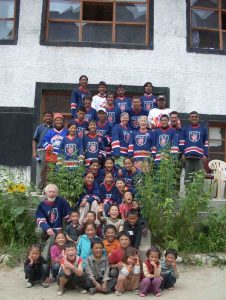
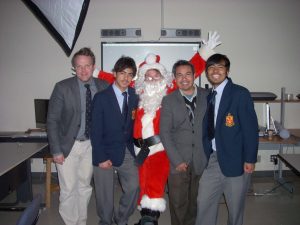
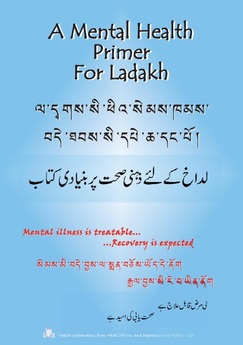
2009 saw our mental health project go from helping a few people in a few villages to a district-wide, award-winning program. Again, with the help of volunteers from CHAI and in full cooperation with the District Health Department, we trained hundreds of village health workers and a physician (who would open the Mental Health Unit at the district hospital the following year), and produced educational materials for experts and the lay person in the farthest village.
Our Future Leaders developed a drama, which they staged in some really remote places. Then made it into an educational video for the Health Department. It was key to breaking down barriers for the mentally ill.
2008’s favorite work was absolutely creating the Ability Network. We started the year with skating for the disabled. (what?) Kids and their caregivers enjoyed a 12-day Winter Camp where they tried skating, created a drama for the community, participated in a video, baked cookies, made banners for a Montreal art show…Night and day fun. Their caregivers shared stories and ideas, and learned they were not alone. As important, they got to see their kids achieving beyond their current capability and having fun.
With volunteers from BC Children’s Hospital (which would later grow into CHAI), we created an inclusive playground at our model high school and tested concepts of integrating different learners into government school classrooms. And in our spare time, with CHAI’s help, we started codifying Ladakhi sign language. What a wonderful learning year.
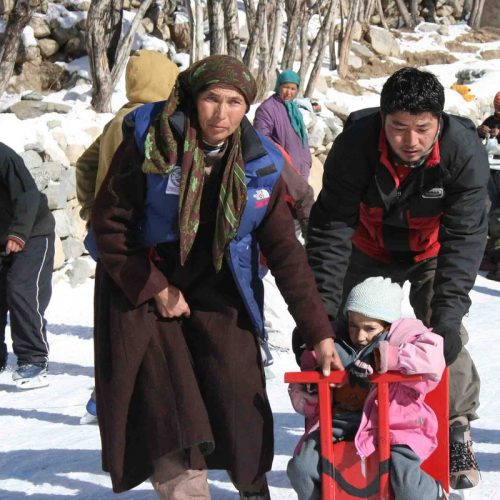
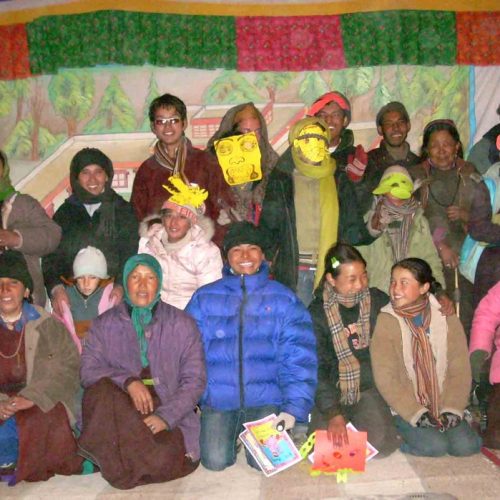
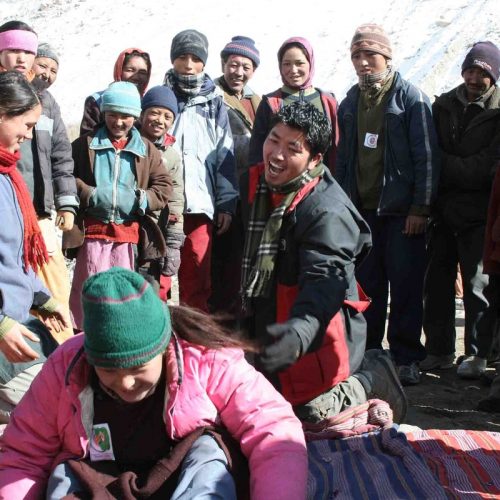
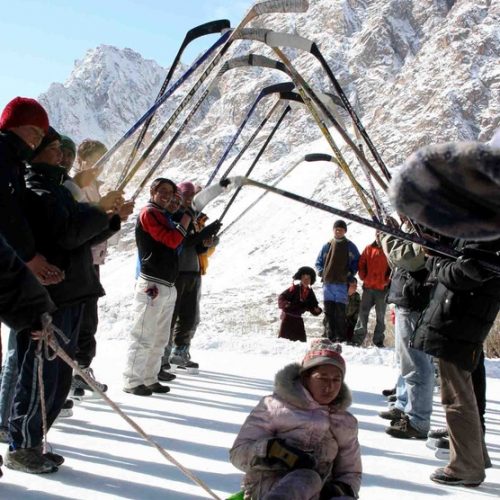
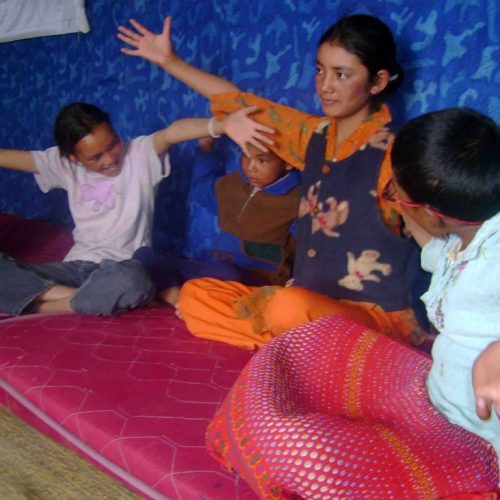
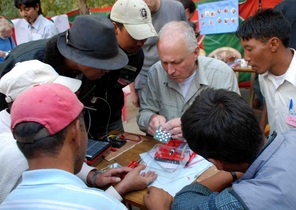
2007 was bright – with Anthony Harkham, his LuxTreks and the scoial enterprise of solar lights.
Working with HEALTH Inc interns, he trained 22 young men and women from remote villages and helped three cooperatively-managed groups start their own solar lantern businesses. It helped us examine what kinds of small businesses could serve remote communities and help school drop-outs earn income while staying in their villages.
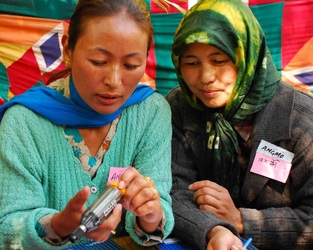
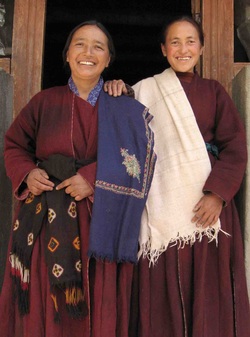
In 2006, women from 9 of our cooperative projects came together and formed “Women United”. A safe place to learn marketing skills, negotiating price, trying niche-market production and lots of communication skills building.
The women learned skills that serve them well to this day. They can stay in their home villages AND bring valuable cash income into their community
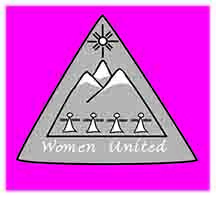
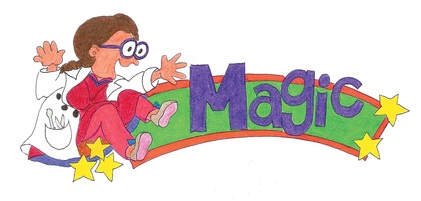
Hey! If you made it here - you might notice we're still under construction. Join a Residency and volunteer to build websites, teach social media or mentor analytics!
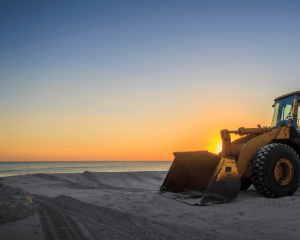
find your own unique


tablet
iPhone 13
$310
$950
$280
$910
discover our
new arrival



tablet
mouse
$310
$950
$280
$910
enjoy our
best sale!



xbox
smart watch
$310
$950
$280
$910

